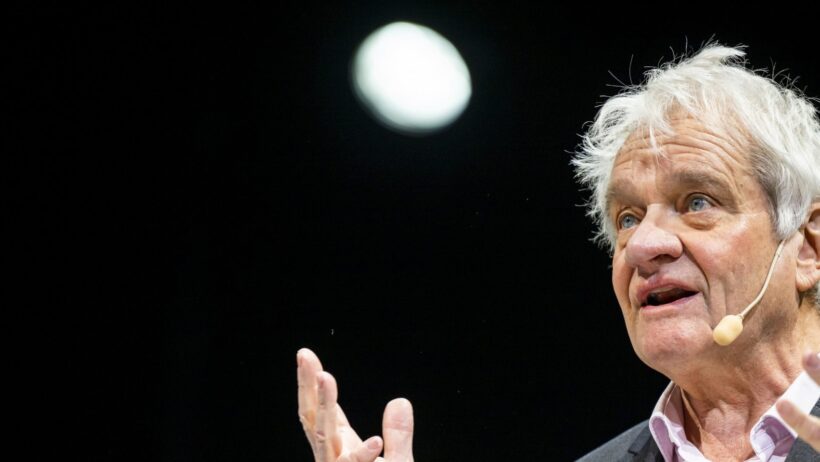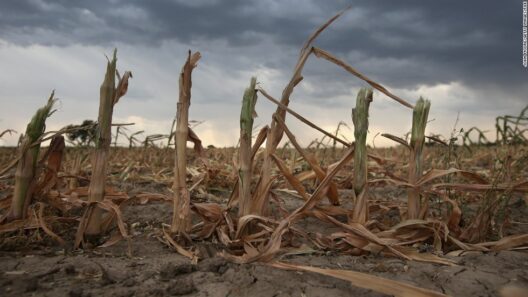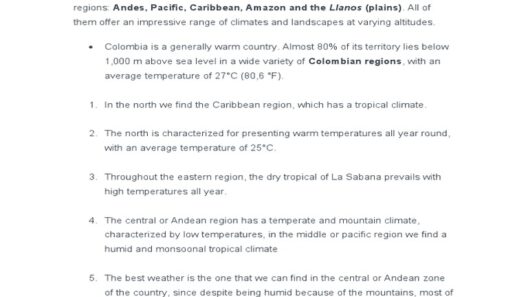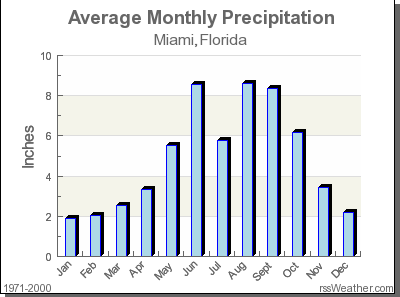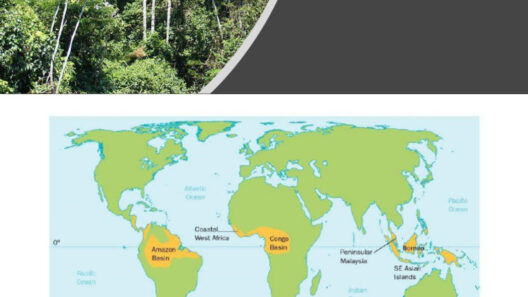In the complex discourse surrounding climate change, a curious phenomenon persists: the denial of its very existence. One must ask, why do some individuals and groups assert that climate change is not real? Is it mere skepticism, or do deeper ideological structures fuel this rhetoric? Let us embark on a journey to scrutinize the fallacies behind climate change denial and elucidate the compelling scientific consensus supporting its reality.
First, it is pivotal to comprehend the foundation upon which climate change skepticism stands. Often, denial comes packaged in various forms such as economic arguments, political ideologies, or outright misinformation. Economically, some contend that acknowledging climate change mandates stringent regulations, detrimental to business operations and individual freedoms. However, such viewpoints often overlook emerging green technologies that can simultaneously stimulate economic growth while safeguarding the environment.
Furthermore, political ideologies play an insidious role in perpetuating climate change denial. In many instances, entrenched political narratives shape public perception, creating a binary worldview where accepting climate science equates to political allegiance. By framing the issue as an ideological battleground, deniers generate an “us versus them” mentality, complicating rational discourse. How does one reconcile the scientific data with a political agenda that prioritizes short-term gains over planetary health?
Central to the argument against climate change is the assertion that climate has always fluctuated; thus, current changes are merely part of a natural cycle. Indeed, the Earth has experienced myriad climate shifts over geological timescales. However, distinguishing between natural variability and anthropogenic influences is crucial. The current rate of warming is unprecedented in both speed and scale. According to empirical evidence, human activities, particularly the burning of fossil fuels, have escalated greenhouse gas concentrations to levels not seen in millions of years.
The Intergovernmental Panel on Climate Change (IPCC) reports unequivocally assert that human influence is the dominant cause of observed warming since the mid-20th century. Data derived from diverse sources, including satellite imagery and ice core samples, reveal a compelling correlation between carbon dioxide levels and global temperatures. Thus, while historical climate variations exist, they do not negate the contemporary reality delineated by scientific findings.
Moreover, the spread of misinformation through various media platforms further exacerbates the issue. Social media can be both a boon for dissemination and a bane for accuracy. In the cacophony of the digital age, pseudo-experts often masquerade as credible voices, fostering confusion among the public. This deluge of erroneous information engenders a fertile breeding ground for denial, complicating an already challenging discourse. The challenge lies in discerning credible sources from dubious claims.
Additionally, emotional and psychological factors underlie denialistic behavior. Cognitive dissonance—a psychological phenomenon where conflicting beliefs cause discomfort—plays a significant role. For many, accepting climate change implies acknowledging profound uncertainty about the future. This acknowledgment may provoke anxiety, leading some to reject the scientific consensus as a defense mechanism. The notion of climate change evokes not merely an environmental dilemma but emotional upheaval, causing individuals to cling to denial as a form of self-preservation.
What happens when we resort to denial? The consequences are dire and manifest in both environmental and societal realms. Rising sea levels threaten coastal communities, shifting weather patterns disrupt agricultural practices, and increased frequency of extreme weather events wreak havoc across the globe. These adverse impacts disproportionally affect vulnerable populations, exacerbating existing inequalities. Thus, denial not only hinders immediate action but perpetuates systemic injustices, intensifying the urgent need for a comprehensive response to climate change.
To further dismantle the myths surrounding climate change denial, one must engage with the skeptics directly. An effective approach involves fostering open dialogues where questions and concerns can be addressed substantively. Scientific education must transcend traditional boundaries, reaching individuals across various demographics. By empowering communities with knowledge, we can cultivate critical thinking skills, enabling informed decision-making regarding environmental issues.
In contrast, it is essential to acknowledge those who advocate for robust action against climate change. Grassroots organizations, scientific communities, and policymakers are increasingly uniting to demonstrate that the fight for the climate is, in fact, a fight for justice. Whether through renewable energy initiatives, sustainable agricultural practices, or climate advocacy, concerted efforts emphasize that hope is not lost. Institutions can foster resilience and adaptation to the inevitable impacts of climate change, ensuring a just transition that prioritizes both people and the planet.
In conclusion, climate change denial remains a multifaceted issue entwined in economic interests, political ideologies, misinformation, cognitive dissonance, and societal consequences. Understanding the root causes of skepticism is paramount to reconciling conflicting beliefs. To combat denial effectively, commitment to educational outreach, open discourse, and compassionate engagement with skeptics is imperative. The future of our planet depends on overcoming this denial, embracing the scientific truth of climate change, and ushering in a collective movement toward sustainability, equity, and resilience.



